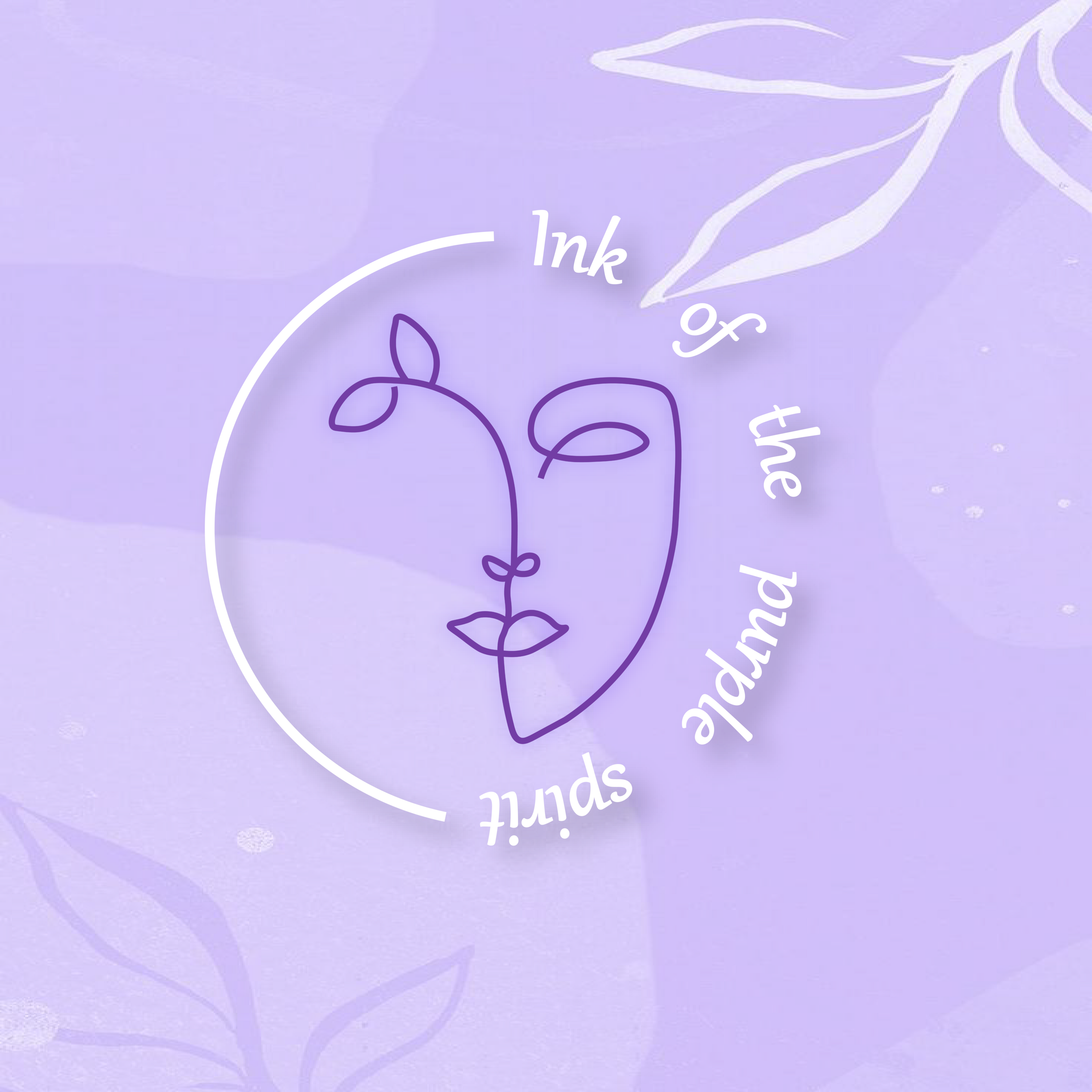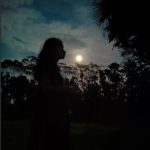What is my biggest fear? – The idea of losing the ability to read, speak, write and paint.
I have loved reading books since I was 7 years old. I remember receiving an award entitled ‘Youngest Reader of the Year’ from my local library at a national event. Back then all my friends really enjoyed reading and chatting about fairy tales like Snow-white and the Seven Dwarfs, Little Red Riding Hood, Rapunzel, Cinderella, etc. But as I grew older, I realized fairy tales, despite their enchanting stories, often carry undertones of loss and longing, reminding us of the bittersweet nature of dreams and reality. Characters like Cinderella did not appear to me as the role model heroine we should admire. The socio-condition of women and how they have been threatened by their surroundings seemed like a question to me. I started to think about the reality around me, the reality of our mothers’ and grandmothers’.
Books like Humayun Ahmed’s ‘Josna O Jononir Golpo’(asd) pictured an overall political and social view of the heroes of the liberation war of my country to me. ‘Ekattorer Dinguli’( adsad)- the diary of Jahanara Imam where she kept all her memories during the war offered me a unique perspective on war, not from a typical Bangladeshi family. Rather it depicted the gradual involvement of an aristocratic family and the loss of their dearest ones. These two books largely spoke about the war heroes who fought the mighty Pakistani soldiers almost bare hand. As I read these heroic incidents, a lingering question persisted in my mind. What about the war heroines? Where were the war heroines who took part in the liberation war?
By searching in different libraries I came across books like ‘A War Heroine, I Speak’ by Nilima Ibrahim. It opened up different interviews with where the war heroines spoke about their stories during and after the war. In 1971, more than four hundred thousands of women were taken away from their home to provide brutal treatment such as mass rape, military sexual slavery, forced prostitution, forced “marriages” and forced pregnancies in absence of their father, husband or brother. After surviving the war and returning home from the Pakistani soldiers and local collaborators, Birangans (asdas) faced societal reluctance to recognize their sanctity. Discovering that was heart wrenching, and it provided insight into the true mindset of a society to me. In the tales of Birangonas, I also learned that although they were supposed to be recognized as war heroines and receive support from Sheikh Mujibur Rahman’s government, their families, fearing societal judgment, kept them away from home and claimed most of their entitled opportunities. Birangonas gave birth to children of their perpetrator at local hospitals and most of them were killed instantly as those children were considered curses to their mothers. Those who survived were immigrated to different countries for adoption. I read these stories in Mostafa Chowdhury’s work ‘Unconditional Love: Stories of Adoption of 1971 War Babies’.
These books have touched me about the women’s victimization throughout the time and encouraged me to step ahead to do something for the women of my generation who are being oppressed under a different circumstance. It made me understand it is women’s bodies where lives come from – but society has never offered a liveable life for my grandmothers, mothers or for me and my sisters. Maybe it is always easier for us women to be kind as society has never been kind to us. To be soft is to be powerful. Understandings and thoughts like these also helped me to establish Aparajita, to be kinder and to have a strong commitment to equality. Similar to every woman, there was a scream within me, yet I decided not to let it linger in silence. Instead, I opted to speak out, advocate, and channeled my emotions into painting, writing, and singing.
I drew my heart out and I spoke my thoughts loud. My organization Aparajita moved forward when we recognised how resilient and striking the women around us are. The world gave women so much pain and here they are still making gold out of it. And I will forever help all these women to craft moments into golden memories.



Good https://shorturl.at/2breu